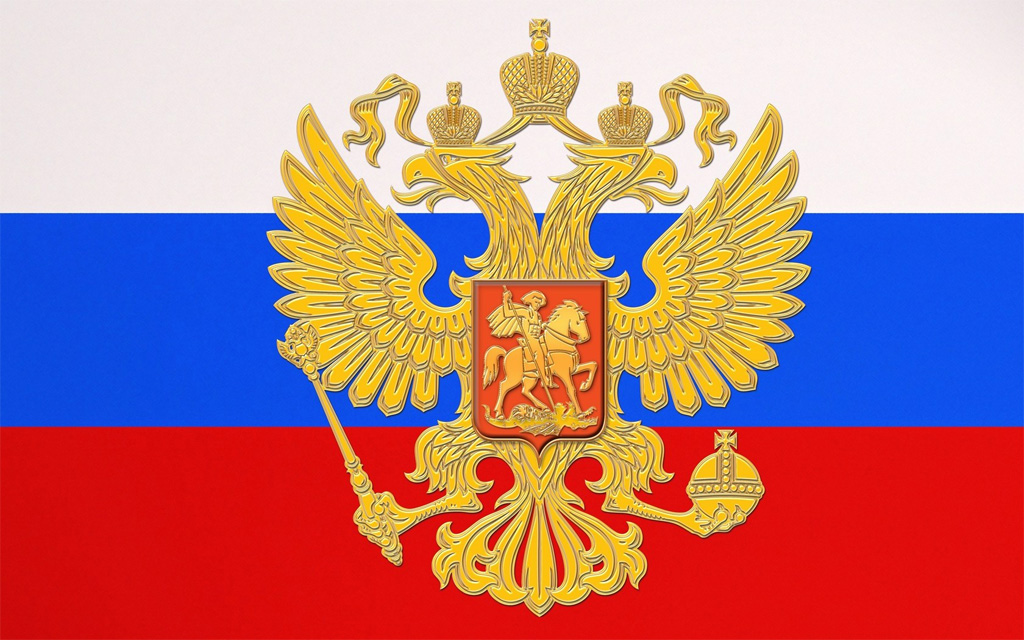Russia and realistic policies towards the Middle East

researcher: Amr Mohamed Ibrahim – Researcher in international relations and strategic studies
Democratic Arab Center
Visits to Moscow on successive days by two Middle Eastern leaders highlight how Russia’s importance in the region has grown over the past couple of years. Russian President Vladimir Putin played host to Israeli Prime Minister Benjamin Netanyahu today for discussions that will be followed Friday by talks between Putin and Turkish President Recep Tayyip Erdogan. The Russian leader will hear their thoughts on trade, energy and investment topics, but security will be a prominent item on the agendas for both meetings, namely concerns that surround the conflict in Syria.
Since it deployed troops to Syria in 2015, Russia’s profile in the Middle East has risen visibly. Beyond the Syrian battlefield, Moscow has effectively inserted itself into a number of disputes in the region as part of a push to boost its global prominence and bolster its clout in negotiations more critical to Russian interests. In its foray into Palestinian relations and Libyan quarrels, Russia has shoehorned its way into negotiations that are often stalemated, not with the hope of fostering a solution, but with the intention of boosting its influence with regional leaders. In other corners of the Middle East, Russia already had a welcome presence. Russian investment and tourism money is sought after in Egypt. Russian military equipment is prized in Iran. And of course, Russia has become a key backer of the Syrian government, working in coordination with Iran. If Russia had not intervened, the Syrian battlefield would look dramatically different today, and Damascus would no doubt be struggling to hold territory claimed from the opposition.
And it is Syria where both Israel and Turkey are seeking Moscow’s help. Israel is deeply concerned about instability on its border with Syria, where Hezbollah and other pro-Syrian and pro-Iranian militias have encroached, particularly in the sensitive Golan Heights region. When Russia first intervened in the Syrian conflict, Israel saw an opportunity to entreat an old ally for help in keeping the worst of the country’s instability off its doorstep. Israel regularly implores Russia to keep pro-Iranian (and deeply anti-Israeli) groups away from the border. Given Israel’s strong military capabilities, however, what it needs most from Moscow is to be given the space in Syria for military action, particularly against Hezbollah.
When Russia announced a drawdown of its forces in March 2016, Israeli officials of the highest rank eagerly sought clarity on exactly how Russia would continue to help maintain Israeli security as its presence in Syria decreased. Specifically, Israel has sought Russia’s guarantees that Hezbollah would not get its hands on the military aid and support Moscow has granted to the Syrian army. That same month, Putin offered reassurances that Russian relations with Israel were special and based “on friendship, mutual understanding and the long common history.” Israel, in turn, has shown concrete support for Moscow’s agenda by avoiding selling weapons to countries on Russia’s periphery. In 2008, around Russia’s short-lived war with Georgia, Tel Aviv suspended its weapons support for Tbilisi, for example.
Today, Netanyahu hopes to cash in on that special relationship as his country girds for an impending conflict with Hezbollah. As the advantage in the Syrian conflict tilts toward loyalist forces and allied militias, Israel’s strategic concerns for its own security have sharpened. Russia’s presence makes taking action to address its worries more complicated for Israel. As concerns build that the next conflict with Hezbollah (in which Israel will face a more battle-hardened enemy) is imminent, Tel Aviv will look for reassurance that whatever it does to maintain control over the Golan Heights and surrounding areas does not run the risk of overlapping with Russian operations in Syria. Israel will seek Russian help to preserve a buffer zone in southwestern Syria. But it also wants to be able to target Hezbollah arms convoys and depots in the area without stepping on Russia’s toes. And, if an eventual conflict with Hezbollah spills over into Syria or Lebanon, which is especially a risk as the militia’s fighters return from Syrian battlefields, the need to deconflict with Russia will only intensify.
Russia can help Israel guarantee its border security only to a certain extent: Moscow’s ability to maneuver actors on the Syrian battlefield is limited, especially in southwestern Syria, and Israel knows it. As multiple failed Syrian cease-fire attempts have shown, Russia’s ability to influence the Syrian army’s actions fall short of being able to control allied forces, especially those like Hezbollah that are backed by Iran, even in areas in northern Syria where Russia has greater sway than in the south, where Iran holds firmer control. Besides, Russia’s own priorities in Syria will trump any requests by Israel or Turkey. But what Russia can deliver to both is a functional relationship with Tehran and Damascus.
But the extent to which Russia can use its ties to Iran or Syria to assuage either Israel or Turkey’s concerns depends on the situation. Those limits showed up last week in Syria when Turkey’s plan for an offensive on Manbij aimed against the Kurdish People’s Protection Units was thwarted by a loyalist takeover of the Kurdish territory that Russia supported. The incongruity in Russian and Turkish goals in Syria will no doubt be a top point in the discussion between Erdogan and Putin on Friday. Those differences were also addressed in the initial tripartite summit among top Russian, Turkish and U.S. military commanders just two days ago.
The limits of their relationships with Russia are fully evident to both Israel and Turkey. But the goal of the meetings today and Friday — to keep the channels of communication open and their alliances as effective as possible — is a must to preserve the prospects of any coordination at all.
Although Russia cares about maintaining its relationships with Israel and Turkey (if nothing else, to preserve its significant economic ties with them), Moscow’s ultimate aim — to escape Western economic sanctions — is not within the power of either to give. The decision to lift the financial penalties on Russia and give it wiggle room in places like Crimea and the Black Sea is up to the United States and the European Union. Russia became involved in the Syrian conflict on the side of the loyalists in part as an effort to develop leverage with the United States and other key powers involved in the conflict, and it is constantly seeking ways to employ that leverage, even at the risk of alienating an ally. Moscow’s decision in Manbij was perhaps one of the first signs of U.S.-Russian coordination under the new administration in the White House. Though the result was a disappointment for Turkey, the action clears the way for possible further Russian-U.S. cooperation in the upcoming Raqqa offensive. The hope, at least on Moscow’s part, would be that coordination in that battle could be another point in Russia’s favor where sanctions are concerned.




